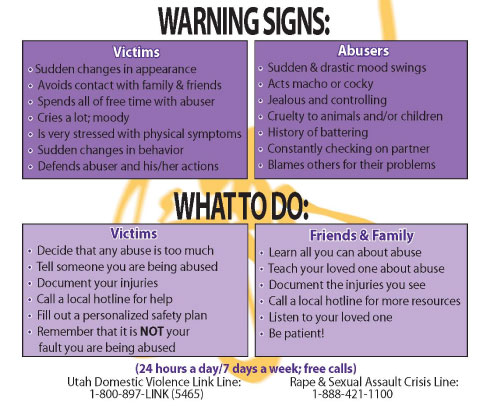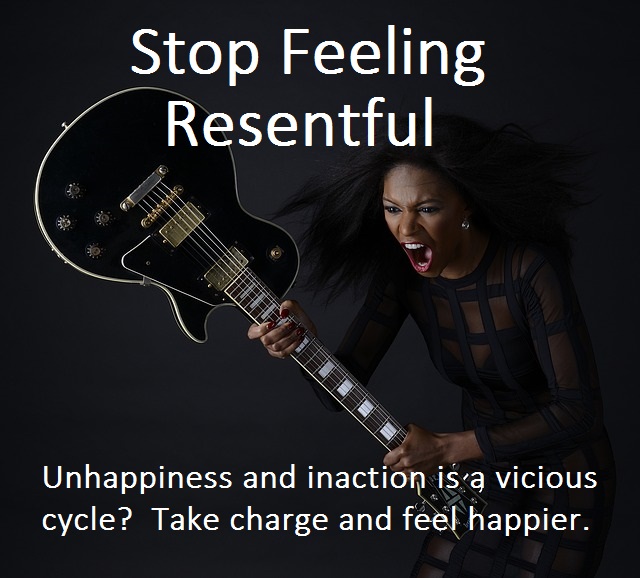Should You Reconsider Your Domestic Violence Definition?
According to statistics, crimes that concur with the domestic violence definition are underreported. In fact such reports of intimate partner abuse, as domestic abuse is defined, is one of the MOST underreported crimes. The fear, shame and humiliation that comes from being in an abusive situation often leaves the victim feeling powerless and unable to take action.
ARE YOU EXPERIENCING DOMESTIC ABUSE?
Domestic abuse can take several forms, and if you or someone you love is suspected of experiencing the pain of IPV (Intimate Partner Violence), it is important to get help right away. Domestic violence frequently gets worse instead of better. Be aware that Partner Violence and Abuse takes several different forms. Your relationship may have one or more types of violence occurring.
A Concise Definition:
According to the Domestic Violence Definition:
The term IPV, intimate partner violence or intimate parter abuse, (also known as domestic violence or domestic abuse) refers to:
physical, sexual or emotional abuse or control, and is occurring between two individuals in an familial or marriage relationship.
A Short Video on the Domestic Violence Definition
Physical abuse is physical violence or control that intimidates or harms the other person. Domestic violence can occur between two people intimately involved, or extended family members. Anytime someone pushes, grabs, punches or threatens physical harm, physical abuse has occurred. This is considered battery, and when someone demonstrates physical violence, it needs to be taken seriously.
Sexual abuse is another form of domestic abuse according to the domestic violence definition. Even if you are involved with your partner in consensual sex, if you have been forced into sexual activity that you are not comfortable with, it is abuse. This may be sex that you find demeaning/degrading, unsafe, or simply unwanted. Anytime someone forces sexual advances on another person, it is not ok.
Emotional abuse is one of the most overlooked types of domestic abuses. Emotional abuse is often dismissed as someone being too jealous, or short tempered, rather than complying with the domestic violence definition. But, the long term effects of emotional abuse can affect someone for a lifetime.
Victims of emotional abuse may be the most difficult to identify. This behavior erodes a person's feelings of worth through a series of verbal abuse (name calling, shaming, and blaming), as well as psychological abuse. The abuser may frequently make threats to physically harm you, or controls who you see, talk to or go. The perpetrator may control the finances, withhold necessities (food, clothing, etc), or sabotage work or friend relationships.

The following Signs provide a tip-off that you or someone you know might be dealing with an abusive relationship.
A victim of abuse may often be abnormally anxious to please their partner. They will be willing to go along with the partner's decisions, even if they don't approve. The abused partner may also check in constantly to give a report of where they are, or they will receive harassing calls or visits from their partner. Discussions may often turn to excuses for their partners jealousy or temper.
Physical abuse may result in frequent absences from work or school, frequent "accidents" that result in injuries, or clothing that conceals bruises/scars.
As an abusive situation gets worse, the individual may become more isolated. This isolation can be caused by a combination of shame, not being "allowed" to go without their significant other, or because there have been restrictions set on use of car, money or credit cards.
What to do if your relationships meets the definition of domestic violence?
If you are in an abusive relationship by any domestic violence definition, it is imperative that you seek help. Call a Hotline, or find a Trusted Friend to help you get assistance with the Police, as well as a Shelter that will offer safety.
Abusers may have manipulated the victim into believing they will kill them, or left them simply suicidal. Being strong and taking effective steps to restoring a good self worth while remaining safe are possible. There are many formerly abused partners who have started a great network to help men and women in abusive situations to find a way out and start over.
Return from domestic violence definition to get domestic violence help home page.
Go back to Domestic Violence Signs ...




